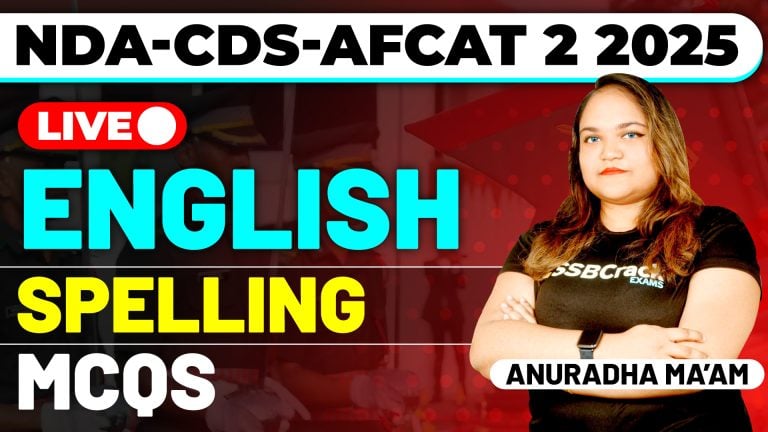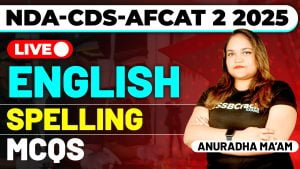Geometry plays a pivotal role in the mathematics section of competitive exams such as the Combined Defence Services (CDS) and Air Force Common Admission Test (AFCAT). A recent class dedicated to this subject focused on the Alternate Segment Theorem and involved extensive practice through multiple-choice questions (MCQs). This article provides an overview of the key concepts covered, the importance of mastering these topics, and effective strategies for solving geometry-based MCQs.
The Importance of Geometry in Competitive Exams
Geometry is a crucial component of the CDS and AFCAT mathematics syllabi. It requires a solid understanding of shapes, sizes, and the relative positions of figures, along with the properties of space. Excelling in geometry not only boosts overall exam performance but also enhances analytical thinking and problem-solving abilities.
Key Geometric Concepts Covered
The class concentrated on several essential geometric principles, with a particular emphasis on the Alternate Segment Theorem. This theorem, along with a range of related concepts, forms the foundation for many geometry problems encountered in competitive exams.
Alternate Segment Theorem
The Alternate Segment Theorem is a fundamental principle in circle geometry. It states that the angle between the tangent and the chord at the point of contact is equal to the angle in the alternate segment of the circle. This theorem is instrumental in solving problems involving angles and tangents in circles.
Focus on MCQ Solving
The class predominantly revolved around solving MCQs based on geometric principles, especially those involving the Alternate Segment Theorem. Practicing MCQs is crucial for several reasons:
- Familiarity with Question Patterns: Regular practice helps students become familiar with the types and patterns of questions that appear in the exams.
- Time Management: Solving numerous MCQs improves speed and accuracy, which are essential for managing time effectively during the exam.
- Concept Reinforcement: Applying geometric concepts in different problems reinforces understanding and aids in long-term retention.
Strategies for Solving Geometry MCQs
The class highlighted several effective strategies for tackling geometry MCQs:
- Understand the Theorem: Ensure a clear understanding of the Alternate Segment Theorem and other relevant geometric principles.
- Draw Diagrams: Visual representation of the problem helps in better understanding and accurate solution derivation.
- Practice Regularly: Consistent practice of various MCQs helps in familiarizing with different question types and improves problem-solving speed.
- Review Mistakes: Analyzing errors made during practice helps in identifying weak areas and avoiding similar mistakes in the future.
Conclusion
Mastering geometry is vital for success in the CDS and AFCAT exams. The recent class provided a thorough understanding of the Alternate Segment Theorem and its applications, emphasizing the importance of regular practice through MCQs. By focusing on these areas and implementing effective problem-solving strategies, students can significantly enhance their performance in the mathematics section of these competitive exams.
Consistent practice, a clear grasp of fundamental concepts, and strategic problem-solving are the keys to excelling in geometry. With dedicated preparation and a strong understanding of geometric principles, students can approach the CDS and AFCAT exams with confidence and achieve their desired results.





















